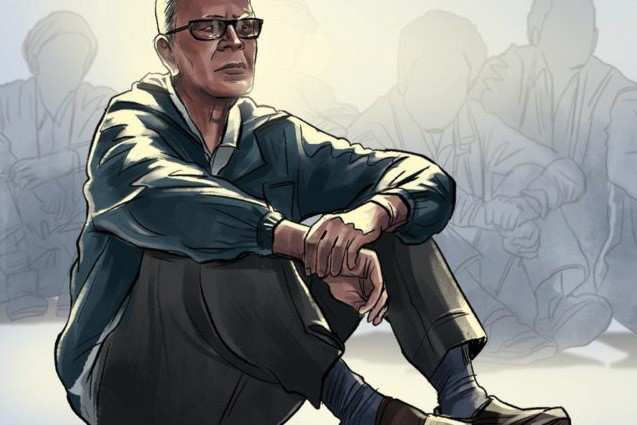Christian activists in India recalled the “sacrifice” of Jesuit priest Stan Swamy on Wednesday, May 11, while welcoming a Supreme Court order to keep the country’s sedition law on abeyance.
Father Stan, as he was popularly known, died on July 5, 2021, in a Mumbai hospital while in detention for sedition.
The National Investigation Agency arrested the priest on Oct. 8, 2020, in his residence near Ranchi, Jharkhand, for his alleged links with Maoist groups. The NIA court and the Mumbai High Court rejected the priest’s bail applications.
The Supreme Court, however, ordered to suspend the implementation of the sedition law on May 11, giving relief to thousands of people charged under Section 124A (sedition) of the Indian Penal Code, a colonial-era rule.
The court restrained the federal and state governments from registering First Information Reports under the section, continuing investigations or taking coercive steps while the colonial law is being reviewed by the government.
A three-judge Bench led by Chief Justice of India N V Ramana also directed that an accused in a fresh case could seek bail and the court that deals with it would provide relief taking into account the apex court order.
The order came after the federal government, represented by Solicitor General Tushar Mehta, acknowledged that the law was not in tune with the current times, was being misused, and required re-examination.
All pending cases will be kept in abeyance while the government reconsiders the sedition law, the Supreme Court said, referring to petitions that challenged the law alleging its misuse.
“It is a welcome step that the apex court has stepped in to stop abuse of the pre-colonial law that criminalizes dissident voices not favorable to the government,” said Father Ajay Singh, a social activist in the eastern Indian state of Odisha.
“It is huge relief for minority, Dalit and Adivasi activists, who suffer most,” said the priest.
Jesuit Father Arockiasamy Santhanam, spokesperson for the National Lawyers Forum of Religious and Priests, pointed out that successive governments have misused the sedition law to suppress the voices of dissent.
“Even constructive criticism is not tolerated and labeled as sedition. As the court once said, Sedition cannot be invoked to minister to the wounded vanity of governments,” he said.
The Indian Catholic Forum welcomed the order as a “bold, pragmatic and humanitarian action.”
Forum convener Kanpur-based Chhotebhai said the section penalizes those that “by words, either spoken or written or by signs, or by visible representation, or otherwise, brings or attempts to bring into hatred or contempt, or excites or attempts to excite disaffection towards the Government established by law in India.”
The “the vagueness” in the sedition law has been repeatedly misused to let political opponents, social and human rights activists, journalists and others to “rot in jail; or even die without trial, like Jesuit Father Stan Swamy,” said Chhotebhai.
Read full story on Matters India







